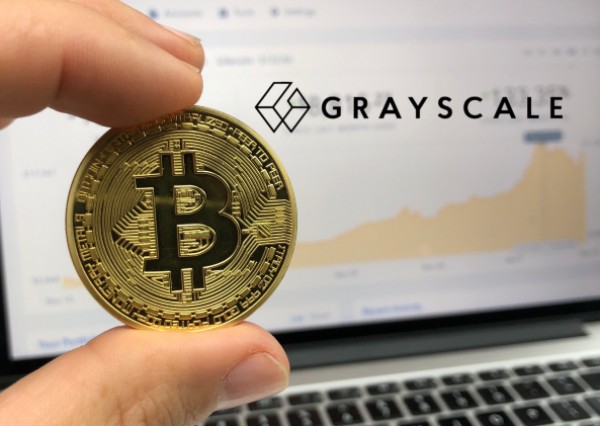
- Tesla (-7.46%) hiring freeze and job cuts are reflective of the new and more challenging economic operating environment.
- Tesla CEO Elon Musk warns that he has a “super bad feeling” about the economy, raising the specter that the central bank will tighten policy just as the U.S. is heading into a recession.
If ExxonMobil’s (+1.15%) ejection from the venerable Dow Jones Industrial Average marked the end of an era – that of the dominance of oil and gas, then the unceremonious removal of electric vehicle maker Tesla from the S&P 500 could also be seen as a watershed moment.
With the U.S. Federal Reserve tightening monetary conditions at the fastest pace in over two decades, Tesla is having to operate in a far more challenging environment and cutting jobs by as much as 10% for the first time ever.
For a company that has only known growth, defying the odds and regularly defeating analyst expectations for vehicle deliveries, Tesla is the first victim of rapidly shifting macroeconomic headwinds, but unlikely to be the last.
In an internal email, Tesla CEO Elon Musk revealed that he had a “super bad feeling” about the economy and the company was seeking to cut its over 99,000 staff by around 10%.
Tesla has done exceedingly well despite the expectations and odds, delivering 936,222 cars last year despite a global chip shortage and supply chain snarls.
But economic growth in the U.S. appears to be slowing, with the twin headwinds of rising interest rates and inflation.
And while price gains may be moderating, it’s likely that recession will become reality before the U.S. Federal Reserve regresses on its policy of tightening.
Although shares in Tesla are down 27% this year, they gained 50% in 2021 and a massive 743% in 2020.
Nevertheless, the halcyon days for Tesla and possibly the U.S. economy may be over for now, as are the heady valuations of electric vehicle makers and other high-growth low-profit companies.



